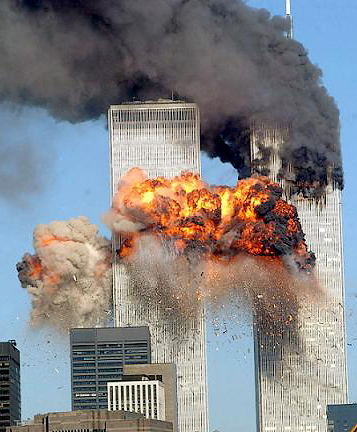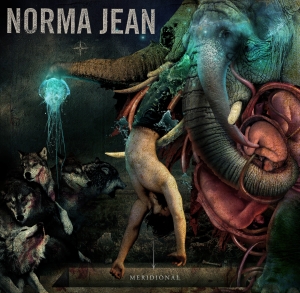 ‘Electric shock was widely used, as well as cigarettes and fire,’ says the academic. ‘A European officer had castrated him, first by crushing his testicles with pliers,’ says the activist’s memoirs. In response, the authorities say: ‘We understand the strong feelings… [this] remains a deeply divisive issue… and one on which historians continue to debate,’ and think that should be the end of it.
‘Electric shock was widely used, as well as cigarettes and fire,’ says the academic. ‘A European officer had castrated him, first by crushing his testicles with pliers,’ says the activist’s memoirs. In response, the authorities say: ‘We understand the strong feelings… [this] remains a deeply divisive issue… and one on which historians continue to debate,’ and think that should be the end of it.
This, of course, was the news last week of a High Court case brought by a group of Kenyans demanding an apology and reparations for what Britain did in Kenya in response to the Mau Mau uprising of the 1950s. Here’s a reminder: as many as 150,000 Kenyans were incarcerated in response to an uprising that tried to rid Kenya of white rule. The ‘Mau Mau Rebellion’ came after peaceful protest had been met with violence, as so often was the case in British-controlled Africa. The rebellion had wide support among the Kikuyu ethnic group, so Kikuyu were rounded up and put in ‘transit camps’, for what was euphemistically called ‘screening’.
As last week’s news, which featured recently released secret documents from the time, revealed, ‘screening’ was more often than not beatings and very often extreme torture. Crude castration and mastectomies performed with iron rods and knives, sexual and physical violation with sand, hot objects and broken bottles and beating suspects to death have been documented again and again as methods used by Britain in her colony to extract information about the Mau Mau ‘terrorists’.
The Foreign and Commonwealth Office has been trying to get the case thrown out of court because, it says, in law Britain ceded any responsibility when Kenya gained independence. As one of the greatest Christian campaigners for justice of our age, Archbishop Desmond Tutu, argues, however: the legal responsibility may be in question but the moral one remains. Apologies must be made and damages paid.
Of course, the Mau Mau themselves were violent and committed awful crimes. The ethics of wars of liberation don’t often get discussed unless the powerful have sided with the ‘freedom fighters’ – otherwise they remain ‘terrorists’ and their motives are attributed to evil or madness. But when you read the accounts of what was done to those merely suspected because of their race in order to root out the ‘terrorists’ (this newspaper cannot print descriptions of such violence) you see the greatest argument against the logic that says: ‘sure, it’s unpleasant, but it needs to happen if we want to be safe.’ No, it does not. The Christian, with his emphasis on the golden rule, must imagine himself, his mother, his grandfather being sexually assaulted and beaten before arguing for brutal expediency. And we must, of course, oppose it.
But we must also understand that fear as a motivation to do evil is only part of the reason things like this happen. The other lies in the argument often made to justify the abuses of empire: ‘we sacrificed their liberties, their sovereignty and their choice, we gave them rough justice, but in the cause of civilizing them.’ We Christians have too often been complicit in this logic of empire.
But the Christian should keep in mind the Angel of Death on Passover night or the fate of those who tried to force Daniel to place a symbol of their empire above God to see how much the Lord values these ‘superior’ and ‘civilizing’ empires when they depart from his values and justice. We should think of the esteem in which we hold Pontius Pilate and the mechanism of crucifixion whereby our Saviour was tortured to death, whenever we try to justify Pax Romana. And we should remember that justifying brutality to maintain peace and security or only counting the lives of their own citizenry valuable was not unique to Rome, but practised by the torturing Pax Britannica in Kenya (to name one country) and has distinct resonance with the more efficiently torturing Pax Americana who refuse to count Iraqi dead. I look forward to the apologies.
Filed under: Christianity, news, politics, United Kingdom | Tagged: kenya, mau mau | 1 Comment »












